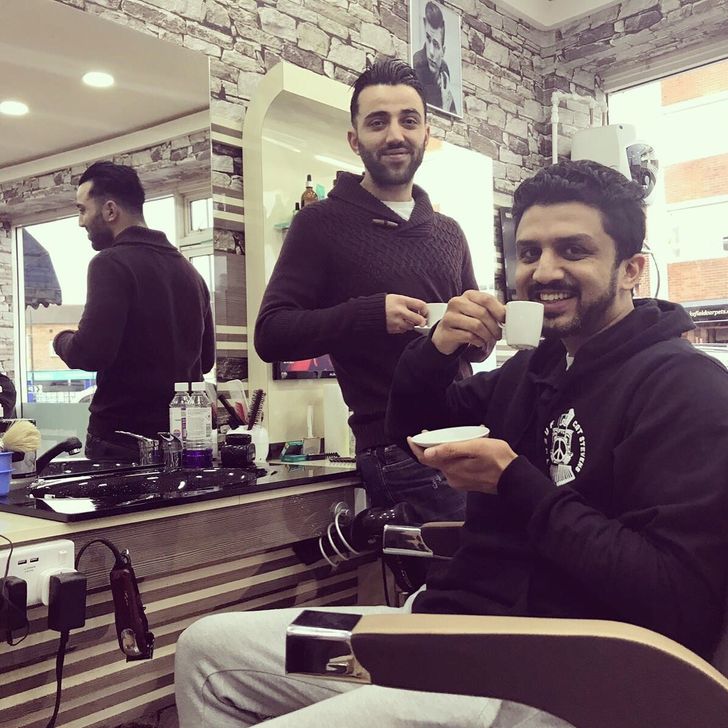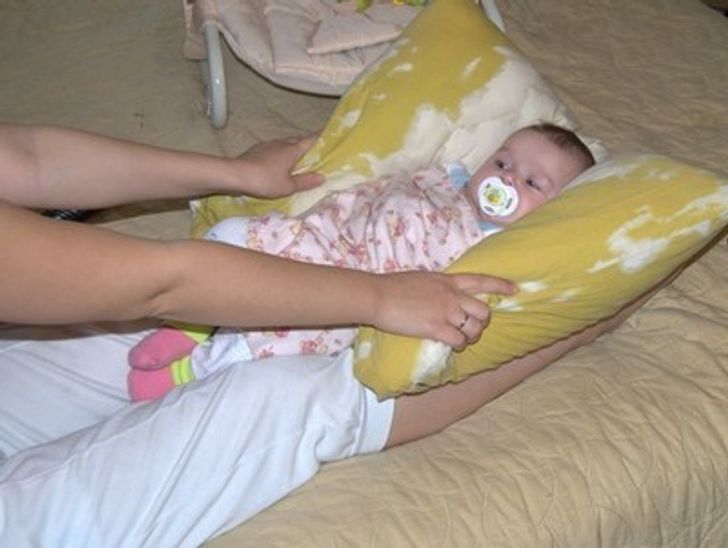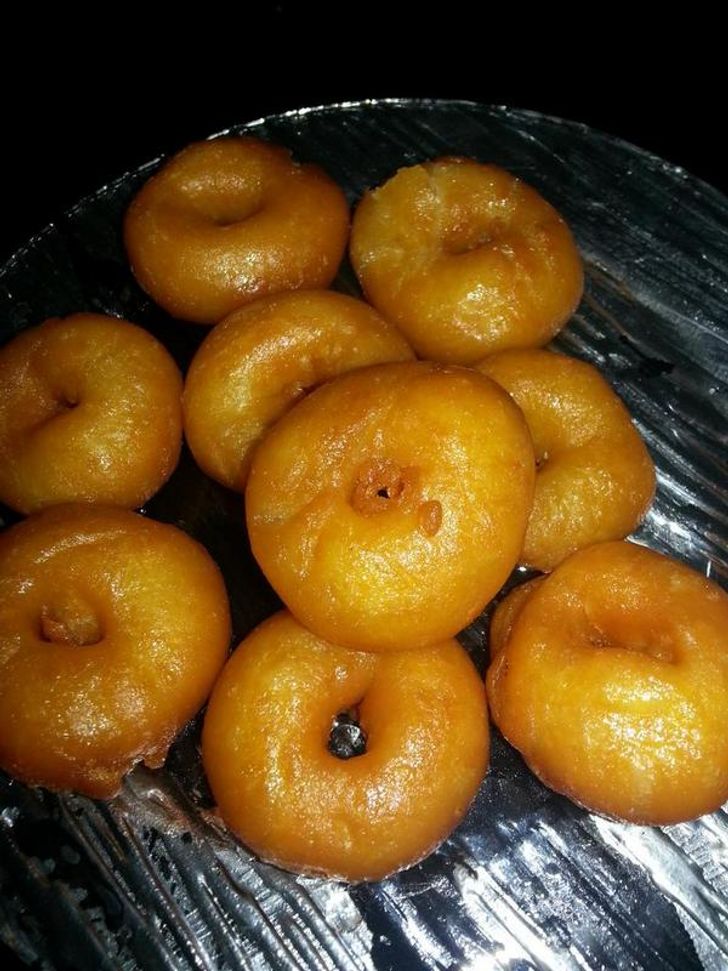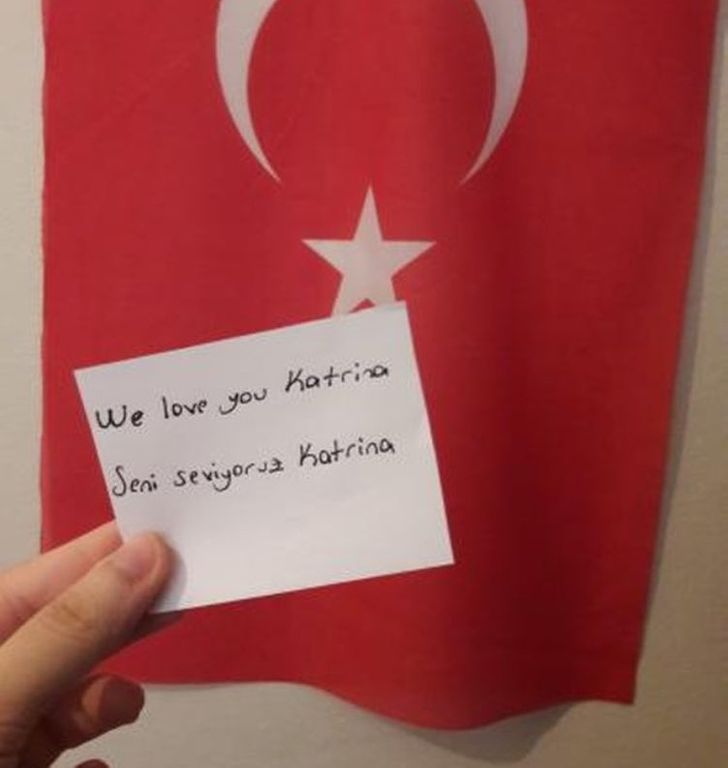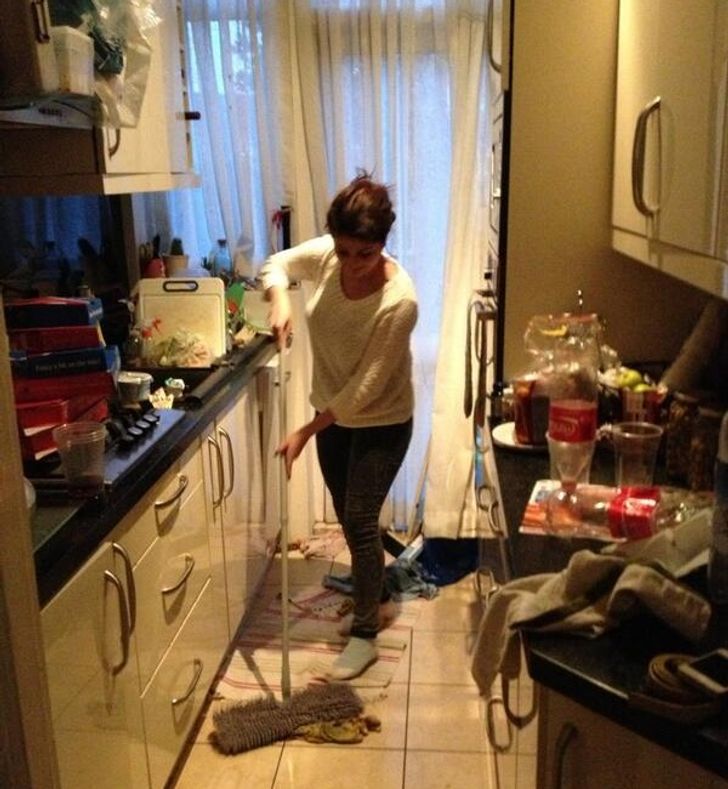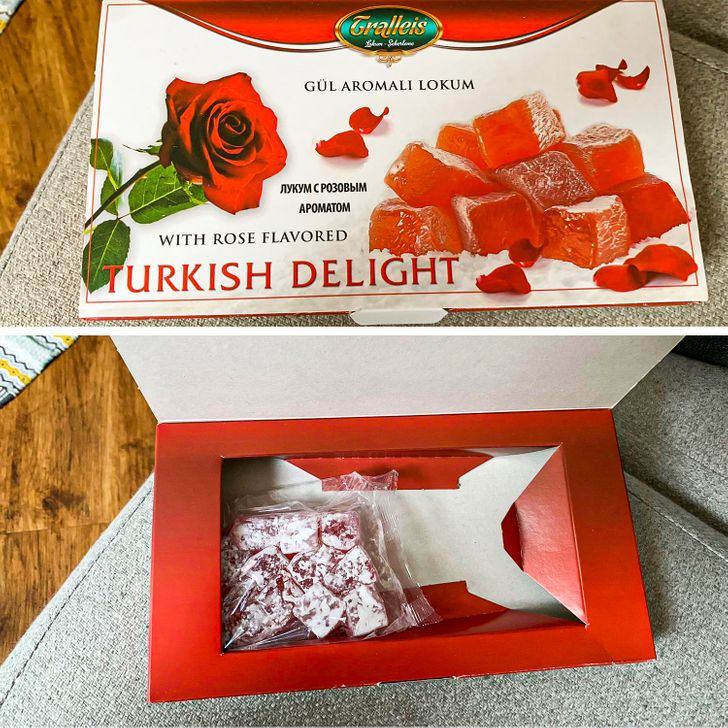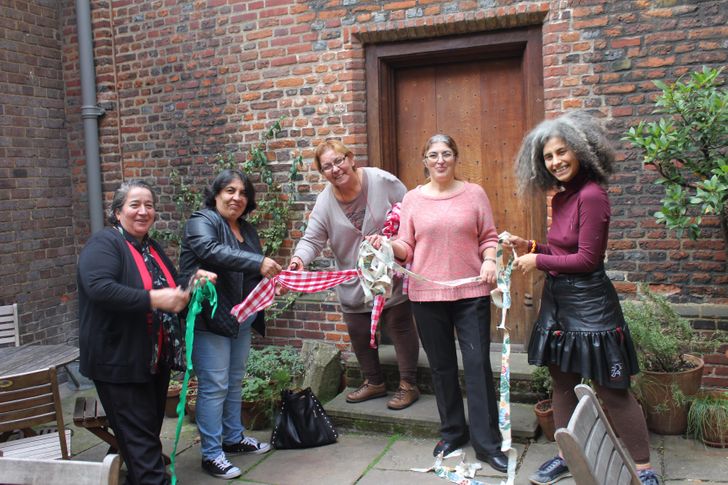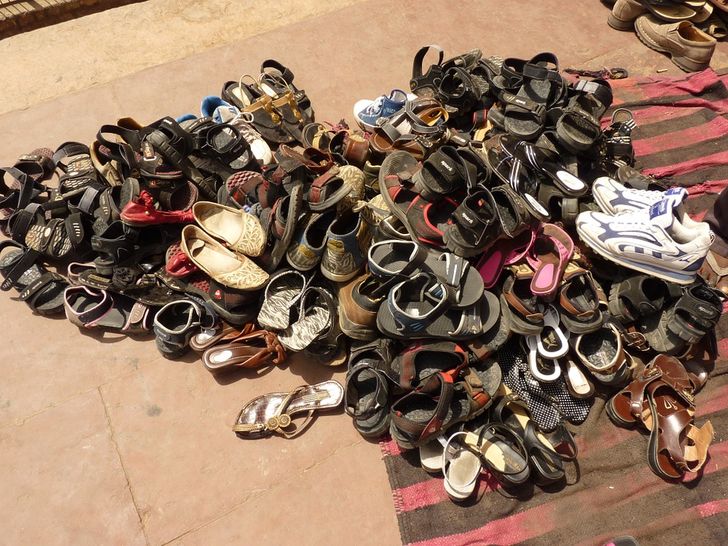Very offensive, mostly untrue comments..Cheaters? Wow..there seems no common sense sparkled in your organisation while writing,editing and publishing these..Make the world a better place .. let's see.
15 Kinks of Turkish Life That May Prove Difficult to Get Used To
We’re used to thinking that Turkey is a resort country with stunning scenery, a warm sea, and an affordable “all-inclusive” stay. But we tend to forget that the lives of the people who live in this country where east meets west are totally different from the rest of the world.
We at Bright Side are going to tell you about everyday Turkish traditions and unspoken rules that are hidden from tourists’ eyes.
Turkish people never hurry.
People in Turkey are used to living in the here and now. They’re not likely to plan things, stick to a schedule, or live in a hectic rhythm. It might even seem that people here have nothing major to do — they drink tea, warm their bones in the sun, and gossip about neighbors. The way they handle business is the same: if they don’t have work to do, it’s okay. No one’s going to make workers do anything they don’t want to or demand the fulfillment of a plan before threatening them with dismissal. On the other side of this zen-like attitude to life is a lack of punctuality. Sometimes it’s quite hard to make an appointment in advance since being late is considered a regular thing here.
The invasion of men with black headbands
Men with shaven heads wearing black headbands and having a bandaged wound on the back of their heads can be seen quite frequently in Istanbul. The first thought that comes to mind is that they’re men performing some sort of secret ritual or that perhaps they’re sick with something. Turns out, these men come to Istanbul to receive hair transplants. Turkish men start to go bald quite early and are very concerned about it. Needless to say, hair transplant clinics prosper in Turkey.
A shoe’s sole instead of a bride’s bouquet
There are many interesting traditions that take place at Turkish weddings. For example, before the wedding, the bride writes the names of her unmarried friends on the soles of her shoes. The one whose name gets erased first will be the next who gets married. However, the classic throwing back of a bride’s bouquet has been added to this tradition.
Women prefer getting a cesarean section over natural birth.
More than half of Turkish women choose to have a cesarean section even if there’s no medical need for it. This attitude toward childbirth is explained by the way girls here were raised. Turkish women, pampered by her parents since childhood, simply don’t want to endure pain. Recently, Turkish doctors have been insisting on giving birth naturally. The alternative to those who are very afraid to give birth naturally is to do it in water. By the way, Turkish men don’t mind being present during the process of childbirth and some of them even have a photoshoot during it.
Spouses don’t call each other by name.
If you’re going to marry a Turkish man, keep in mind that not only will you have to say goodbye to things you’re used to but also to your name. In Turkish families, spouses call each other by the words aşkım (my love), güneşim (my sun), canım (my soul), meleğim (my angel) and other eastern epithets — but not their regular name. This is based on the notion that while a person needs an everyday name that can be used by friends and acquaintances, wives and husbands have more intimate relationships and don’t use such formalities.
Babies are rocked on the legs, not in the arms.
It’s no secret that people in this country have a special attitude toward kids. And many people are surprised when they learn that babies are rocked on legs instead of arms here. Instead of carrying a baby in the arms for many hours, the baby is placed on outstretched legs which are then slightly jiggled to rock the kid. This method helps little ones fall asleep quickly and it keeps your arms free to look through a magazine or even eat an apple!
Funny (and sometimes inappropriate) names of local dishes that don’t surprise anyone
A dessert referred to as “a lady’s navel”
There are many dishes in Turkey with names that make even Turkish people laugh. If you find delicacies such as “bulletproof cutlets,” “your aunt,” “a boat of pleasure,” “the lips of a beauty,” or “a woman’s hip” — order them without hesitation. They will definitely appease your appetite and lighten your mood.
Adults don’t celebrate their birthday.
It’s only kids’ birthdays that are widely celebrated in Turkey. When people grow up, they stop celebrating this holiday, getting together, and giving or receiving presents. If they want, they’ll have a small celebration within their family by drinking tea and eating cake. As a rule, friends and acquaintances are congratulated by text.
An obsession with cleanliness
Most Turkish women live only to clean the house and make it sparkle. And no matter how scrupulously you wash the floor and the walls, a true Turkish person will always find faults. A Russian girl who married a Turkish man complained in her blog, “I had been considering myself neat until the moment I started being shown the traces of water drops on a bathroom faucet. When we stay in my husband’s mom’s place for several days, every day starts with cleaning! The paint on the house is flaky, we have breakfast on the floor, and the shower is leaking but the cleanness of the house is the priority!”
Drinking fountains in memory of deceased relatives
Few people know that numerous drinking fountains on the Turkish streets are there for a distinct reason — they were installed in honor of deceased relatives, most often, parents. There’s a plate with the name and the surname of the deceased over each fountain. It’s believed that passers-by will drink from such fountains and pray for the souls of this relative which will be beneficial for them in the afterlife.
Toilets look different.
A traditional toilet in Turkey is a hole in the floor near a faucet and a jug for washing. Today, bidet toilets, which are equipped with a special hygienic shower, are becoming more and more popular. “On his first visit to Kazan, my Turkish husband couldn’t explain what he was searching for in my toilet,” a girl shared in her blog. “In Turkey, it’s something ordinary: he wanted to wash himself.”
Younger people kiss older people’s hands.
According to the rules of etiquette, it’s customary to kiss the hand of an elder person and bring it to the forehead when greeting them in order to express respect for them. They don’t do it with people of the same or younger age — it would be considered humiliating.
Be prepared to get cheated.
Just like the skill to bargain, the desire to cheat is in Turkish people’s blood. Souvenir salespeople, taxi drivers, shoe cleaners and other representatives of seemingly harmless professions often turn out to be the most skillful cheaters.
Friendliness that borders on obtrusiveness.
One of the most outstanding characteristics of Turkish people that first causes perplexity and then irritation in foreigners is their obtrusiveness and inability to respect personal space. It’s okay to visit someone’s home without a prior invitation at 8 am or at 8 pm. And it’s acceptable to keep sitting there for half a day, gossiping about neighbors. It’s also okay to ask intimate questions about one’s income and personal life as well as touch you and your children. Foreign women show a special interest in local people and their curiosity often overrides good manners. Additionally, they want to teach the newcomers all of the secrets to living the local life.
No shoes are allowed inside the house.
In Turkey, people don’t go inside a house while wearing shoes. They remove their footwear at the entrance, most often leaving it in the street or at the staircase. Each Turkish household has several pairs of slippers for guests but it’s also okay to bring a pair with you. This action won’t surprise anyone.
Which of these Turkish traditions did you like? Which ones left you scratching your head?
Comments
You have no idea what you are talking about...your aim is to intimidate a nation..what you have written in a hostile way does not describe a nation but your twosted, uneducated minds..read and learn some history..because of people and mentalities like this creates more hostity and war all around the world..i strongly condemn what you have written..a big shame!!..
Your observations are not true, even BS! Period!
But that cleaning one doesn't look very clean to me :D
haha yeah maybe she just started :D
I had the same thought :D
So how does a women pee on that toilet?
For both pee and poop squat and do...we have the same type in India as well
I don't wear shoes in my house either, but I don't pile them outside my house :D
Im Turkish and some of this information is misleading and wrong! Is false advertising and/or undermining a country’s image as such allowed? Please, do your researches right. You can’t just sit at your chair and write about a country you probably have never visited or stayed no longer than one month. This is ridiculous!
Related Reads
I Stole the Spotlight From My Cousin and His New Wife After He Proposed at My Wedding

My Son Called It a Family Trip Until I Found Out the Real Reason I Was Invited

11 Beauty Myths That Make Us Look Worse

16 Real Mysteries Too Strange to Explain

Pierce Brosnan’s Wife Stuns People With Her Transformation During Her Latest Appearance

14 Disturbing Truths That Ruined People’s Trust

11 Real Concert Stories That Prove Anything Can Happen at a Show

13 Stories About Neighbors Who Are Not That Easy to Put Up With

After My Surgery, My Sister-in-Law Shut Me Out of the Family

13 People Who Chose Self-Love Over Society’s Demands

I Refuse to See My MIL Ever Again - Her Act Is Unforgivable

My Sister-in-Law Secretly Performed a DNA Test on My Toddler

